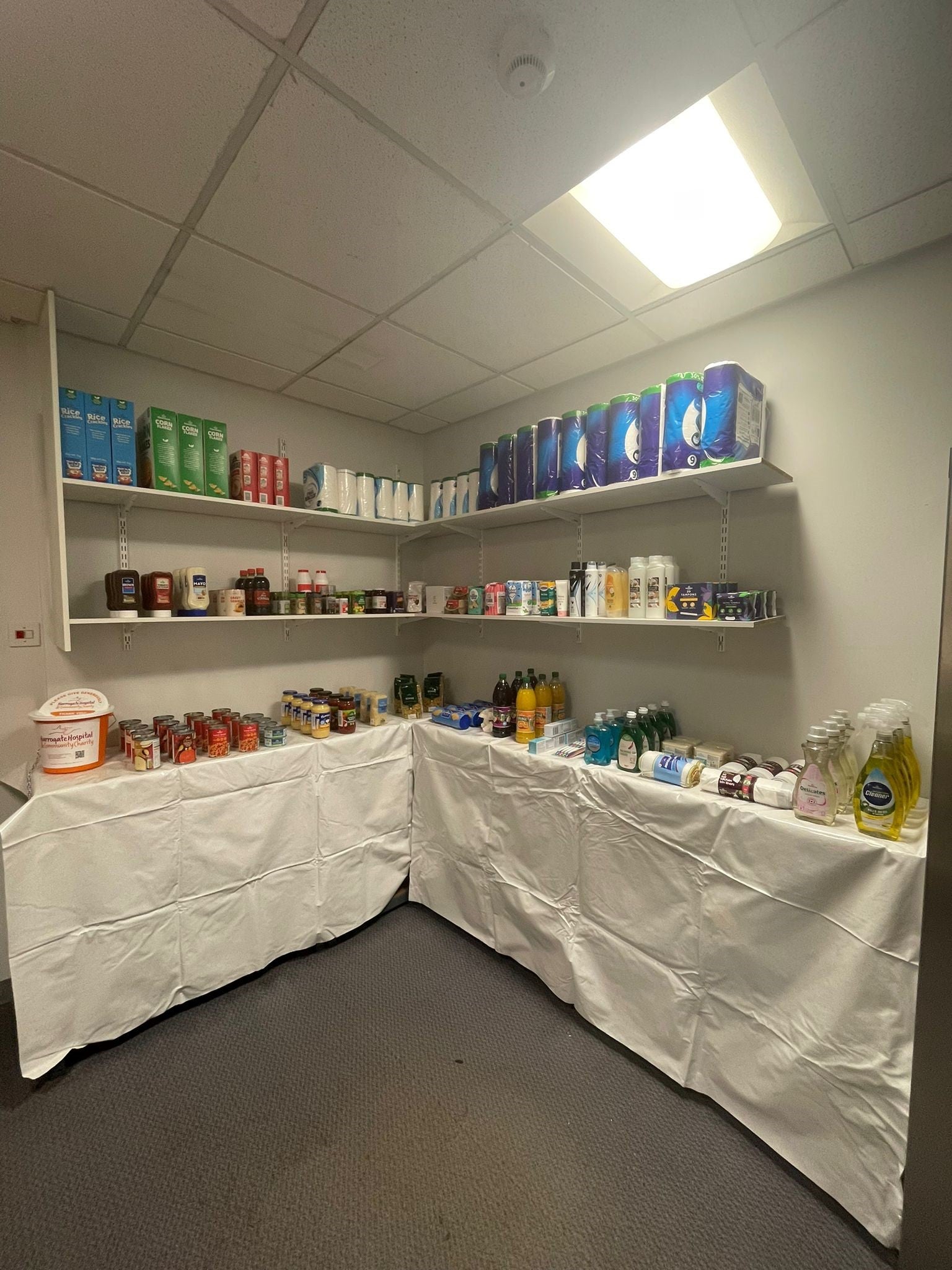NHS trusts seek to open ‘warm banks’ as energy crisis hits patients
Exclusive: ‘All my medical training isn’t going to help anybody when my elderly patient has already got hypothermia’, says Dr Farzana Hussain
Your support helps us to tell the story
From reproductive rights to climate change to Big Tech, The Independent is on the ground when the story is developing. Whether it's investigating the financials of Elon Musk's pro-Trump PAC or producing our latest documentary, 'The A Word', which shines a light on the American women fighting for reproductive rights, we know how important it is to parse out the facts from the messaging.
At such a critical moment in US history, we need reporters on the ground. Your donation allows us to keep sending journalists to speak to both sides of the story.
The Independent is trusted by Americans across the entire political spectrum. And unlike many other quality news outlets, we choose not to lock Americans out of our reporting and analysis with paywalls. We believe quality journalism should be available to everyone, paid for by those who can afford it.
Your support makes all the difference.NHS trusts are considering opening “warm banks” because of fears lives are at risk this winter as the cost of living crisis deepens.
At least two trusts are looking at giving hospital and healthcare spaces up for people in need of a warm place, while one GP said she would offer food and open a room in her office for people struggling to heat their homes.
It comes as an NHS chief warned a lack of heating could be “life-threatening” for vulnerable patients and is leading to hospital admissions.
Harrogate and Rural District Hospital Foundation Trust and Leeds Community Healthcare Trust could become the first to open “warm banks” if their plans go ahead.
Staff in Harrogate are looking at whether they can use the trust’s hospital education centre as a warm place for patients. It has also launched support for workers struggling with the rising cost of living, including a shop from which workers can take items at no cost and can make donations.
It has also increased its petrol reimbursement mileage rates for staff, has not reintroduced car parking charges, allows staff to sell back their holiday allowance and offers a £500 grant for anyone struggling.

Leeds Community Healthcare Trust is exploring whether its community health centres can be used as buildings with heating and electricity for people in the community, as well as places where voluntary organisations can hold drop-ins for those in need.
Another trust in Leicester has also discussed the idea of hosting warm banks but hasn’t yet started planning for them, The Independent was told.
Dr Farzana Hussain, a GP in Newham, east London, will open a room to hold around 16 people at her practice this October and provide soup to patients in need, amid fears patients could die of hypothermia or starvation this winter.
She told The Independent: “If you asked me in my 21st year as a GP did I ever think I was going to be in this position and thinking about providing food? It’s a horrible place we’re in but without food and warmth how can we have health?
“All my medical training isn’t going to help anybody when my elderly patient has already got hypothermia.
“We’re living in one of the most iconic cities in the world, I never thought I would see this. I would never have thought that we might face a day where we might get a call saying one of our patients has died of starvation or hypothermia. That’s the moral injury. I don’t want it to happen but if it did I would not be surprised and that’s a horrific thing to be contemplating.”
Last week, Samantha Allen, NHS chief in the North East and Cumbria, wrote to the Office of Gas and Electricity Markets, warning vulnerable people were having their energy cut off. She warned the regulator that could be “life-threatening for some people”.
Matthew Taylor, chief executive of the NHS Confederation, said health leaders were worried thousands of people will face the choice between skipping meals and having to heat their homes or living in cold, damp conditions.
He said this would exacerbate health inequalities and that health leaders “know well that fuel poverty is likely to lead to significant extra demand on what are already very fragile services”.
Charlotte Augst, chief executive for the charity National Voices, said it had heard of an increasing number of people unable to meet “basic living needs” while living with ill health.
“Cancer patients can feel very cold during treatment, people living with Crohn’s or Colitis can find they have more laundry to do, and kidney patients often need to run energy-hungry, essential equipment overnight,” she said.


Join our commenting forum
Join thought-provoking conversations, follow other Independent readers and see their replies
Comments